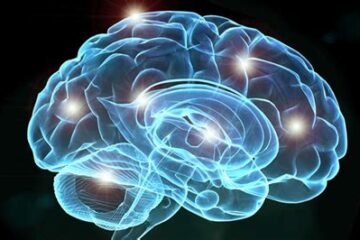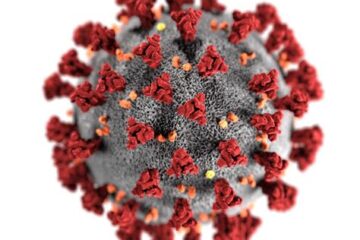
Can Caffeine reduce diabetic retinopathy? @ יואל קסלר
In this post- Can Caffeine reduce diabetic retinopathy? @ יואל קסלר- we reprint a recent study published in the journal Nutrients. Data suggests that caffeine may have a dose dependent effect in preventing diabetic retinopathy in patients with Type II diabetes. The full article can be found here.
בפוסט זה- האם קפאין יכול להפחית רטינופתיה סוכרתית? @ יואל קסלר- אנחנו מדפיסים מחדש מחקר שפורסם לאחרונה. נתונים מצביעים על כך שלקפאין עשויה להיות השפעה תלוית מינון במניעת רטינופתיה סוכרתית בחולים עם סוכרת. את המאמר המלא ניתן למצוא כאן.
Caffeine and the Risk of Diabetic Retinopathy in Type 2 Diabetes Mellitus: Findings from Clinical and Experimental Studies
by Nuria Alcubierre et. al
Abstract
The aim of this study was to assess the potential benefits of caffeine intake in protecting against the development of diabetic retinopathy (DR) in subjects with type 2 diabetes (T2D). Furthermore, we tested the effect of topical administration of caffeine on the early stages of DR in an experimental model of DR. In the cross-sectional study, a total of 144 subjects with DR and 147 individuals without DR were assessed. DR was assessed by an experienced ophthalmologist. A validated food frequency questionnaire (FFQ) was administered. In the experimental model, a total of 20 mice were included. One drop (5 μL) of caffeine (5 mg/mL) (n = 10) or vehicle (5 μL PBS, pH 7.4) (n = 10) was randomly administered directly onto the superior corneal surface twice daily for two weeks in each eye. Glial activation and retinal vascular permeability were assessed using standard methods. In the cross-sectional study in humans, the adjusted-multivariable model showed that a moderate and high (Q2 and Q4) caffeine intake had a protective effect of DR (odds ratio (95% confidence interval) = 0.35 (0.16–0.78); p = 0.011 and 0.35 (0.16–0.77); p = 0.010, respectively). In the experimental model, the administration of caffeine did not improve either reactive gliosis or retinal vascular permeability. Our results suggest a dose-dependent protective effect of caffeine in the development of DR, while the potential benefits of antioxidants in coffee and tea should also be considered. Further research is needed to establish the benefits and mechanisms of caffeinated beverages in the development of DR.
For more interesting article like -Can Caffeine reduce diabetic retinopathy? @ יואל קסלר – check out our blog.


